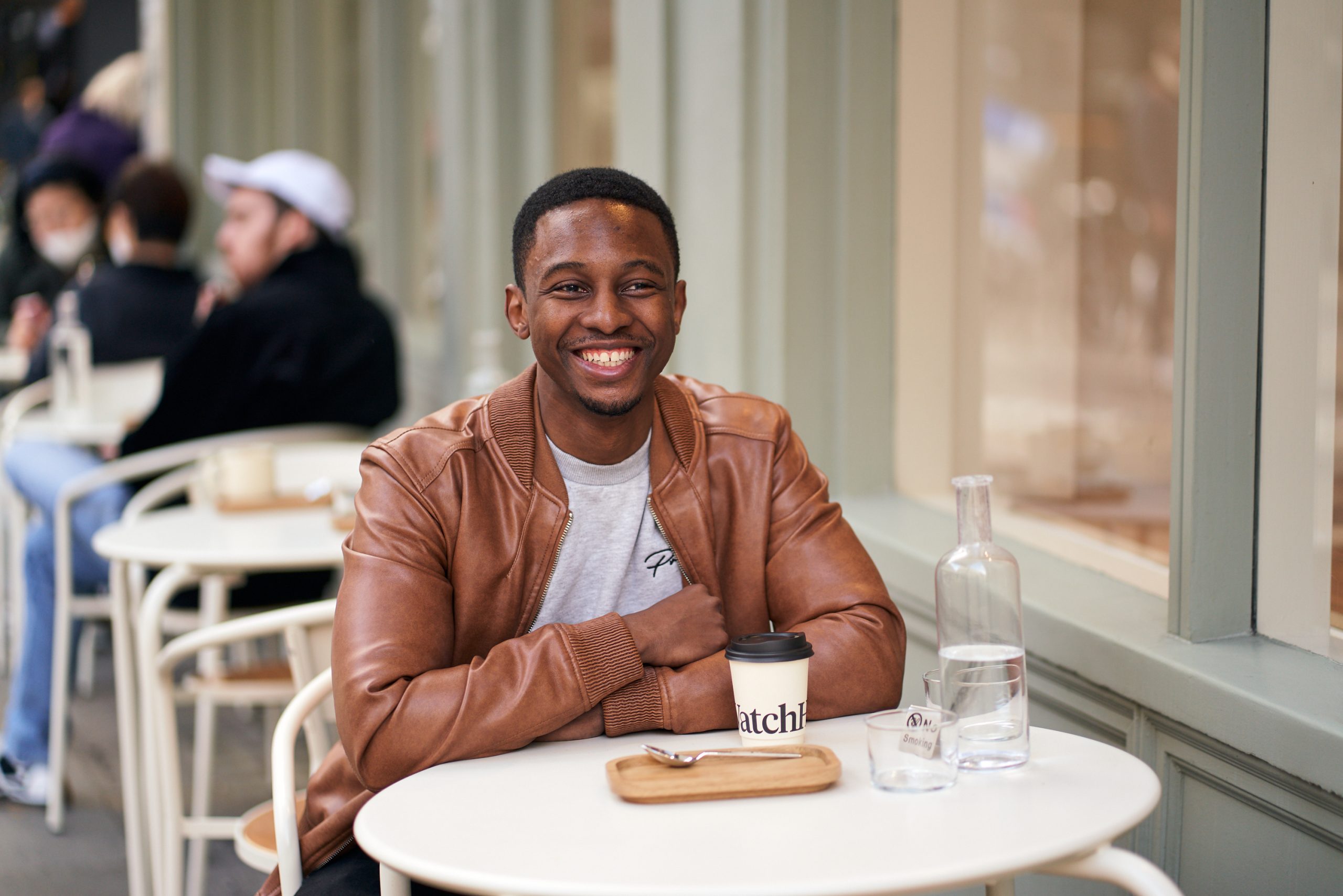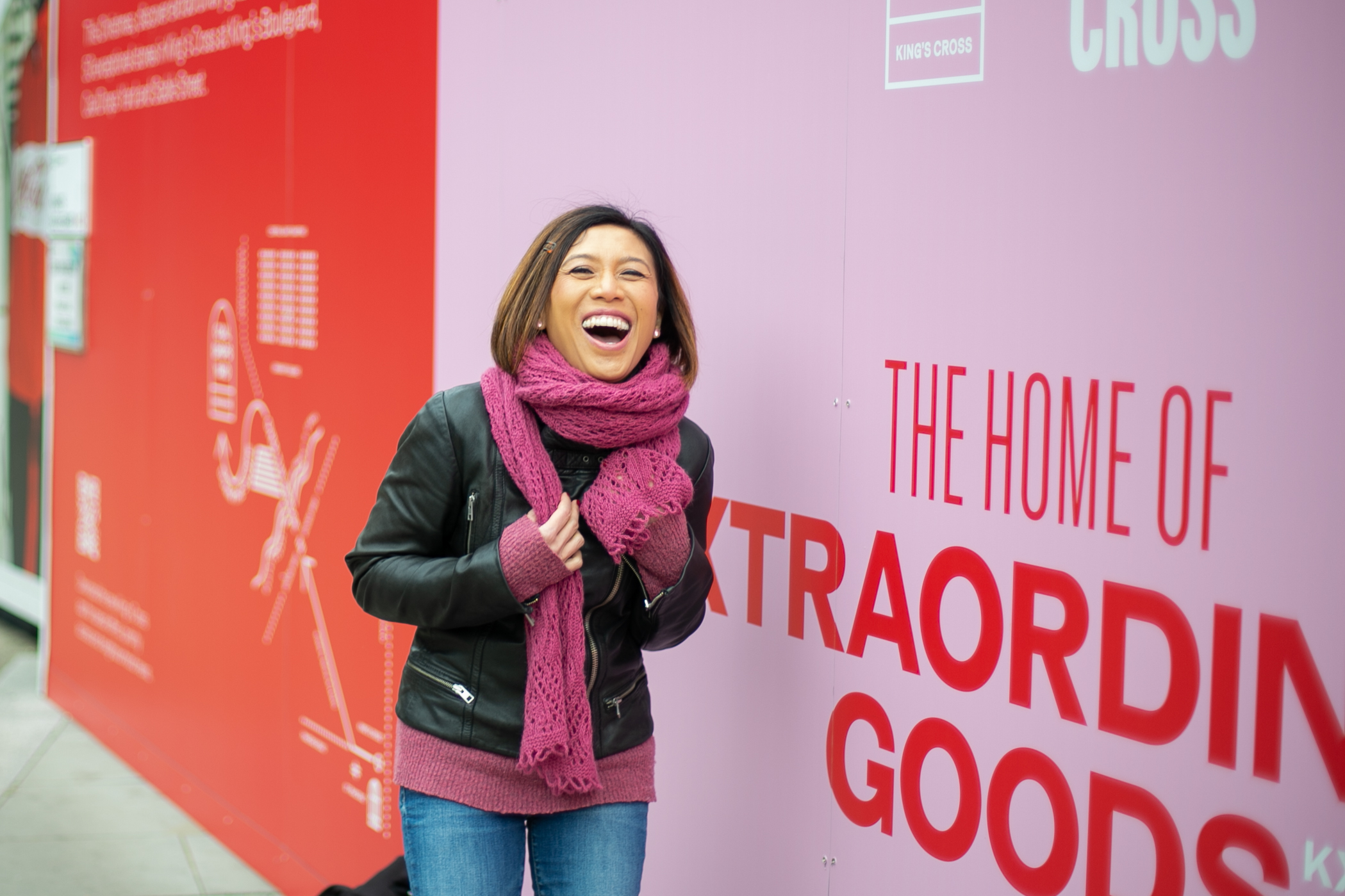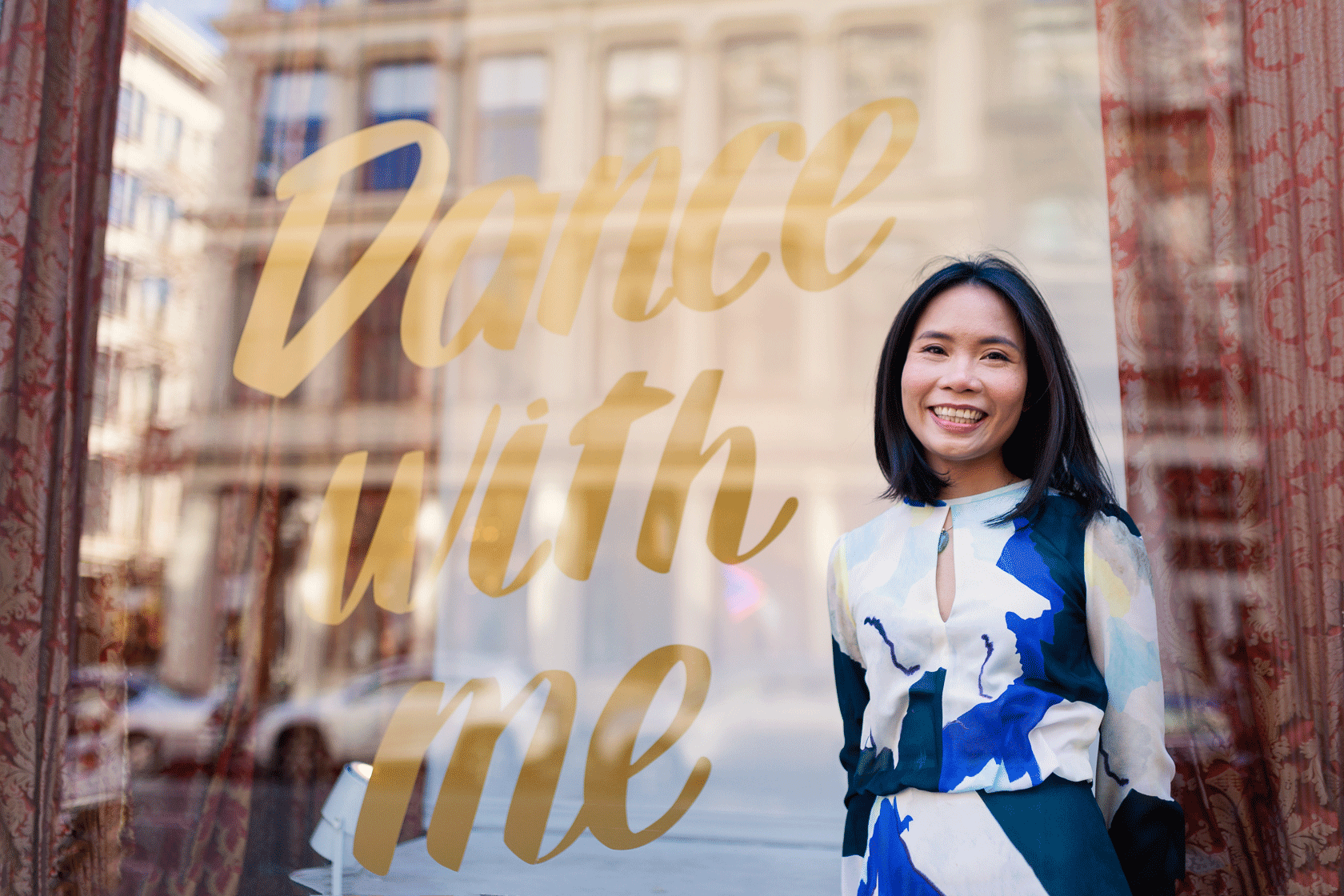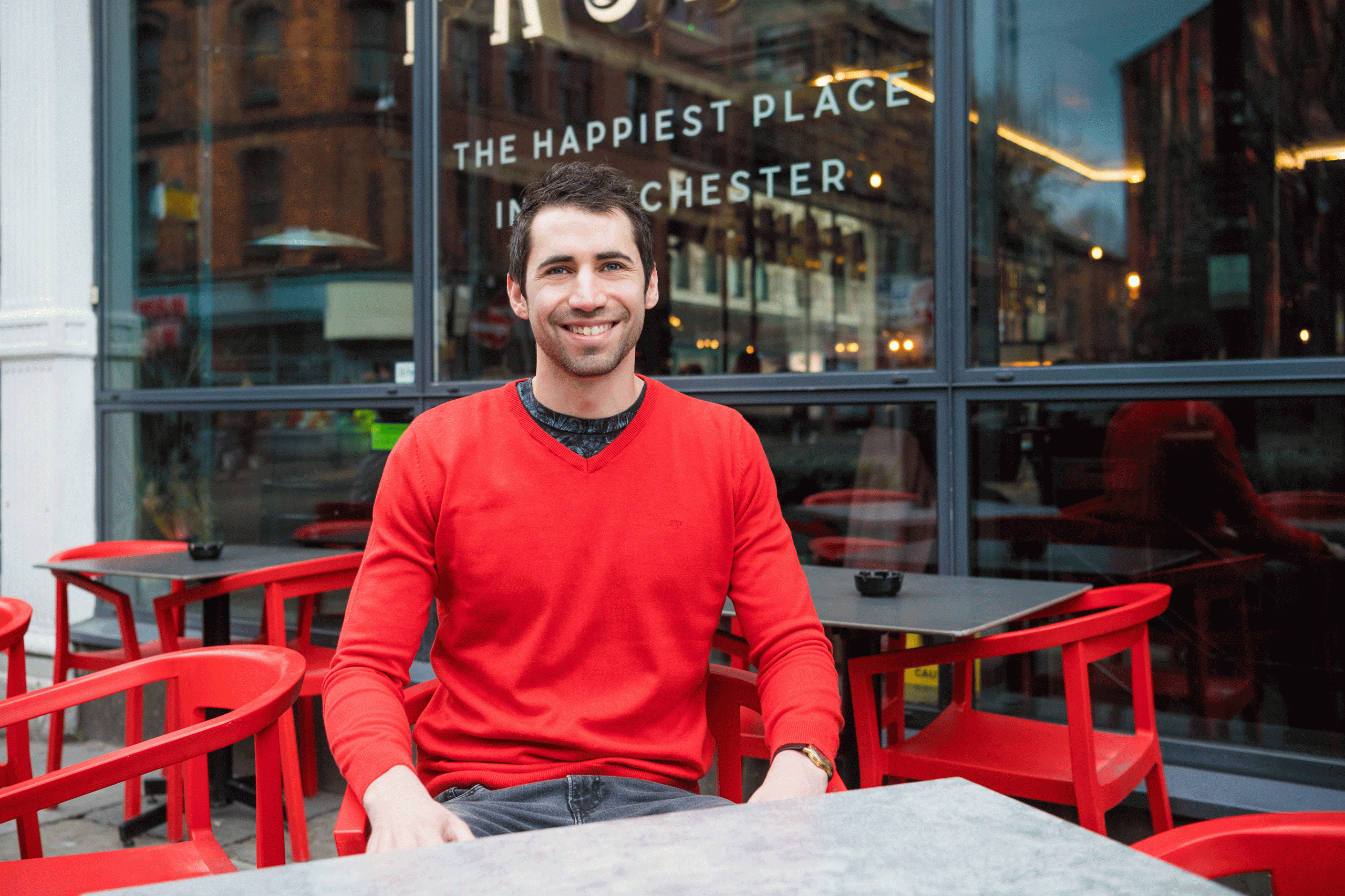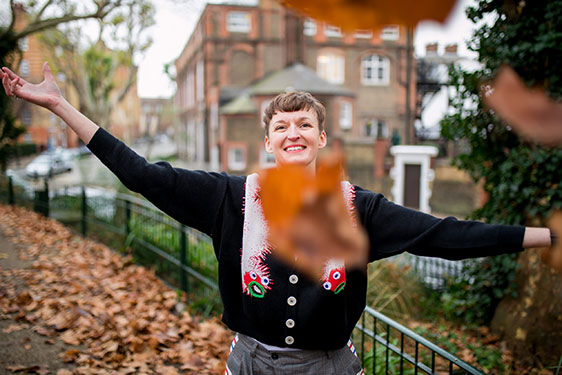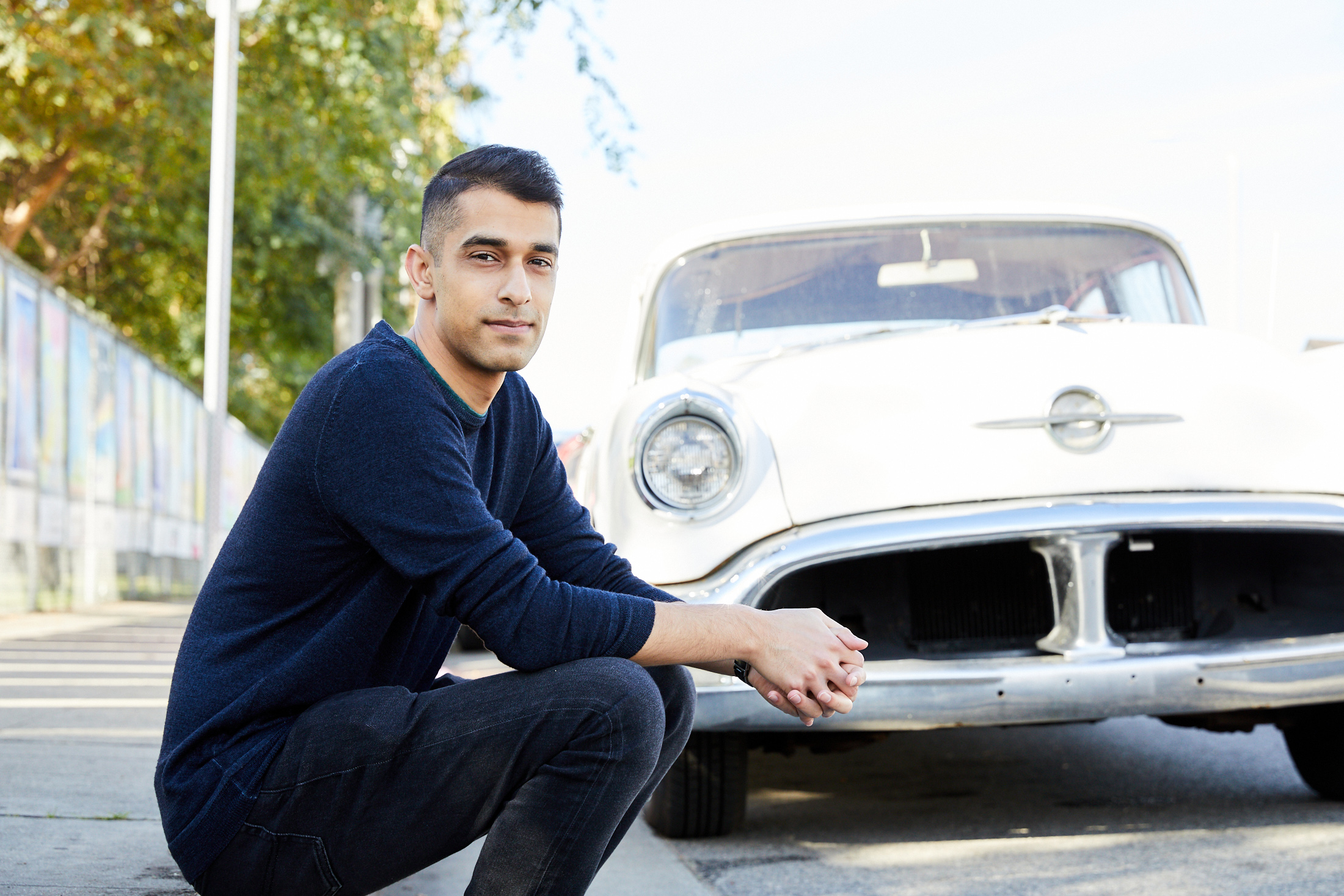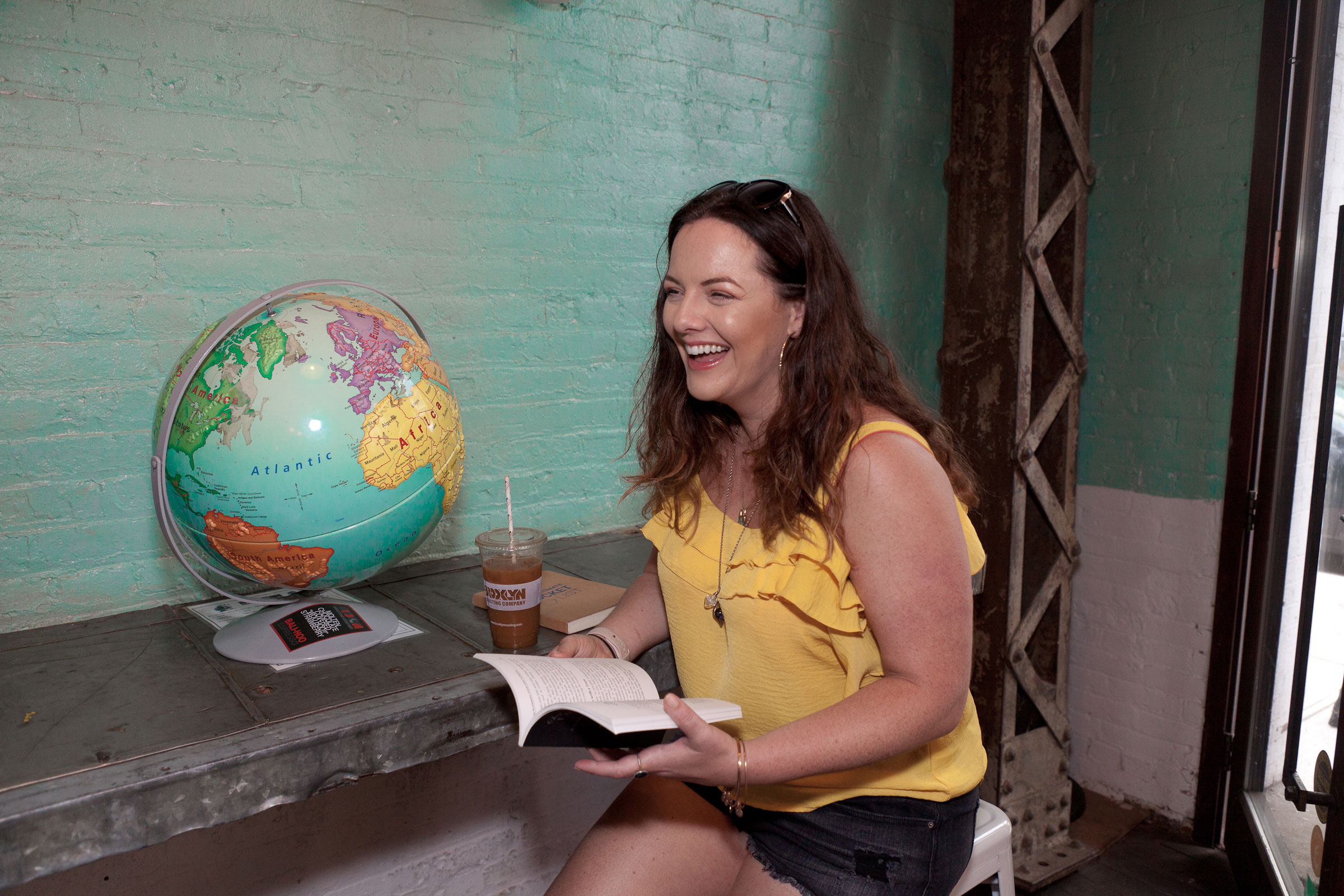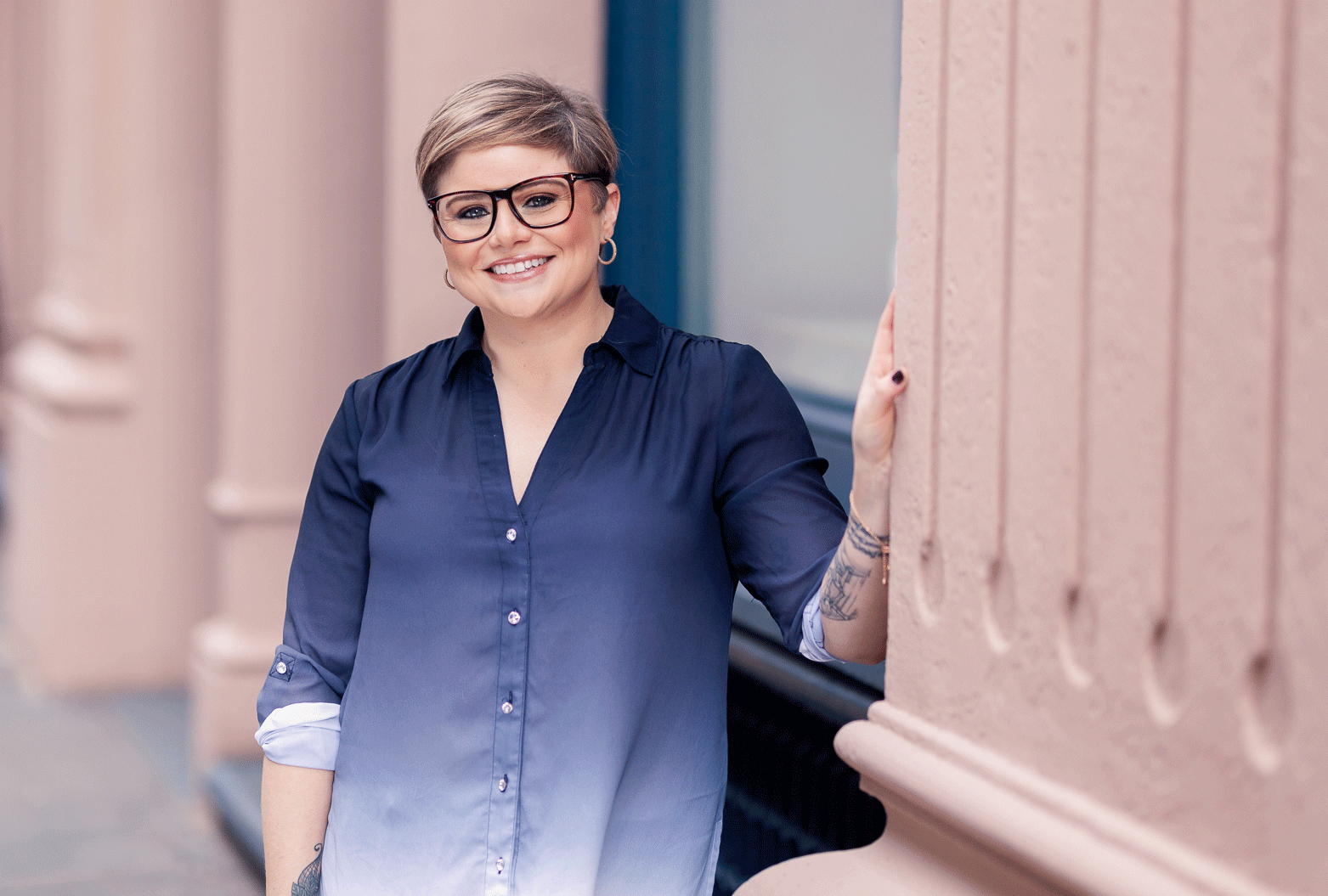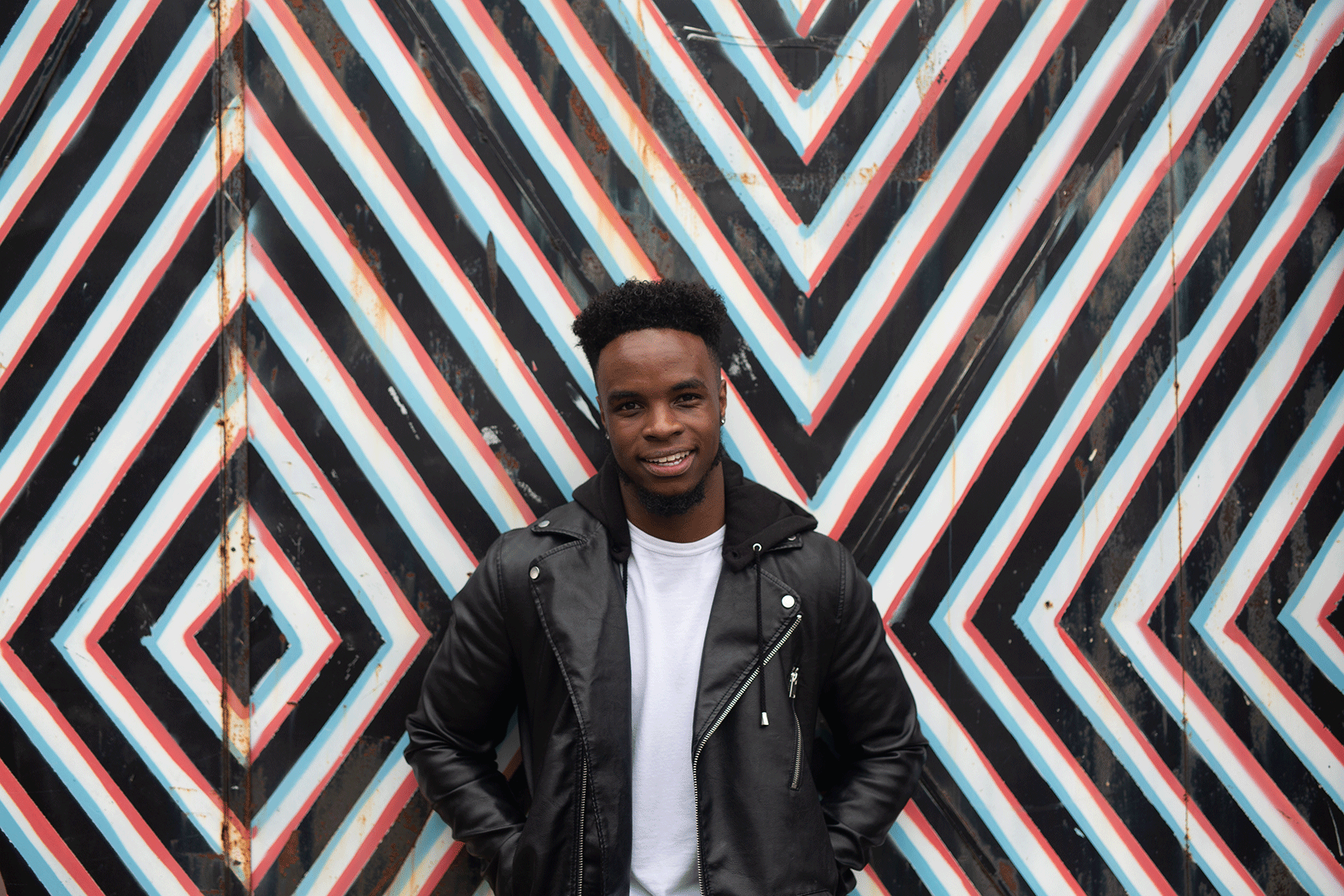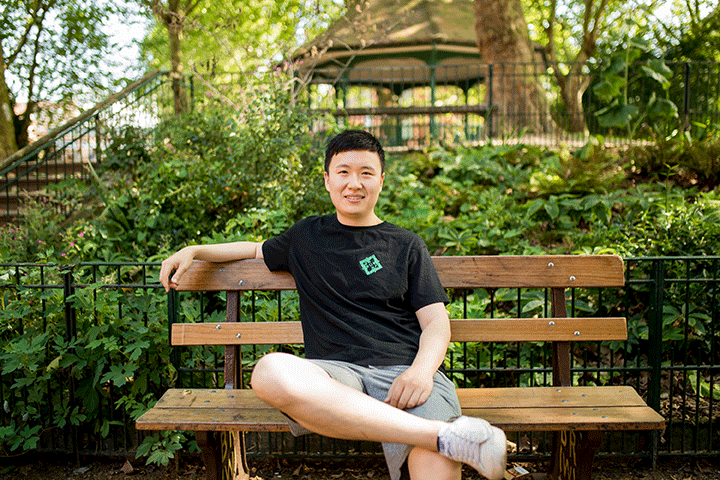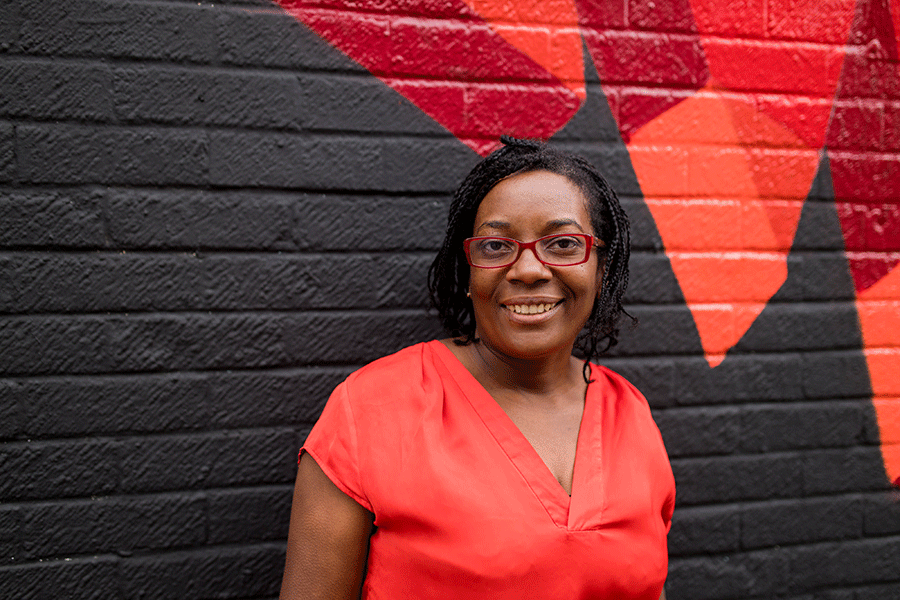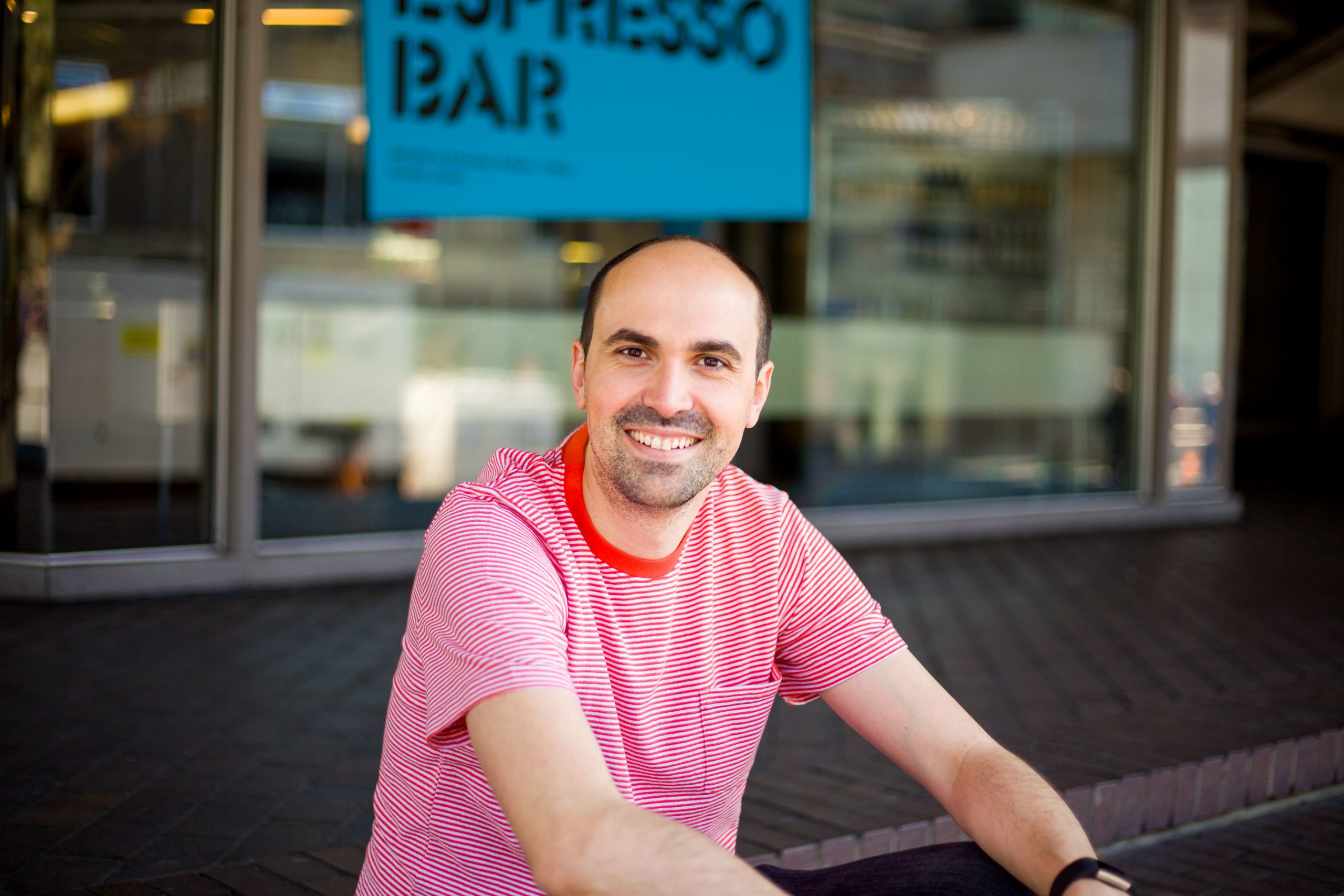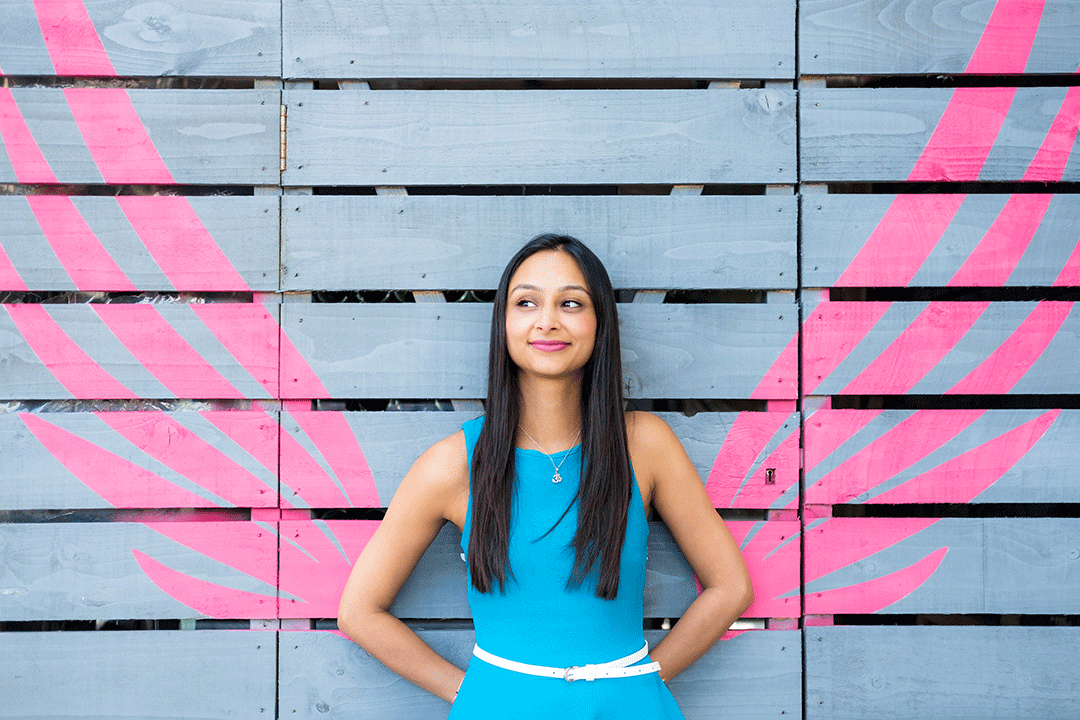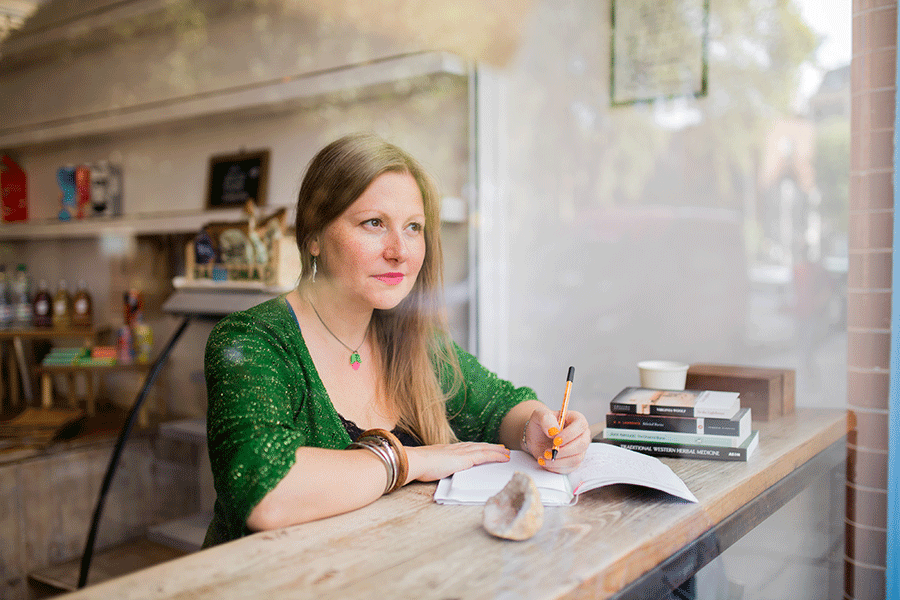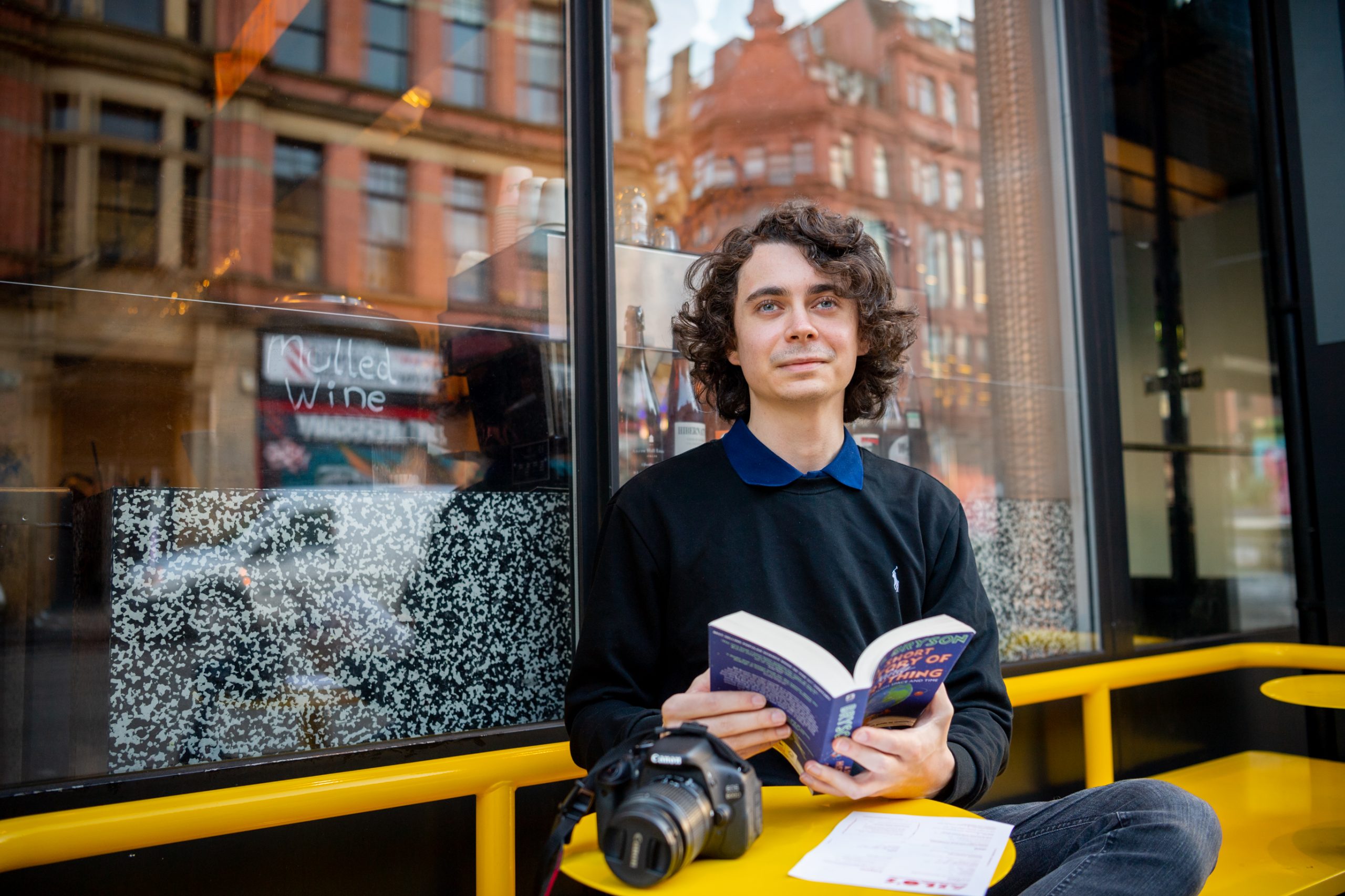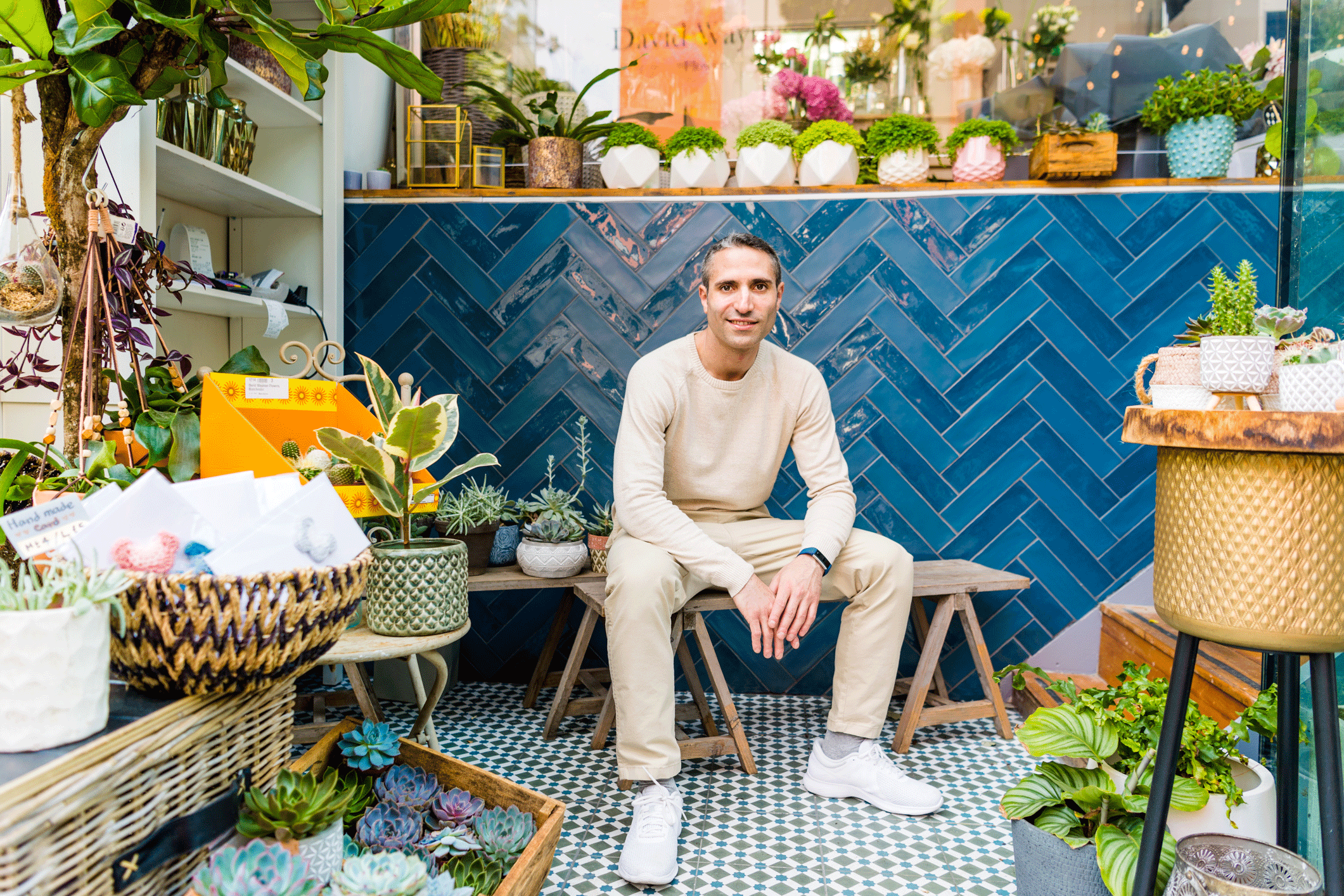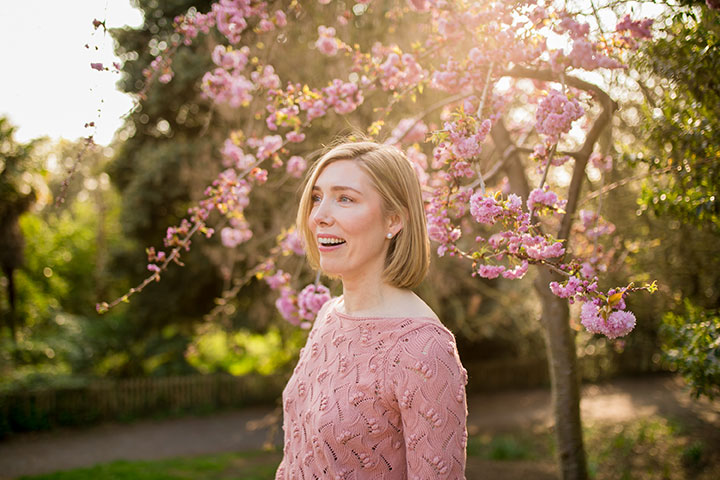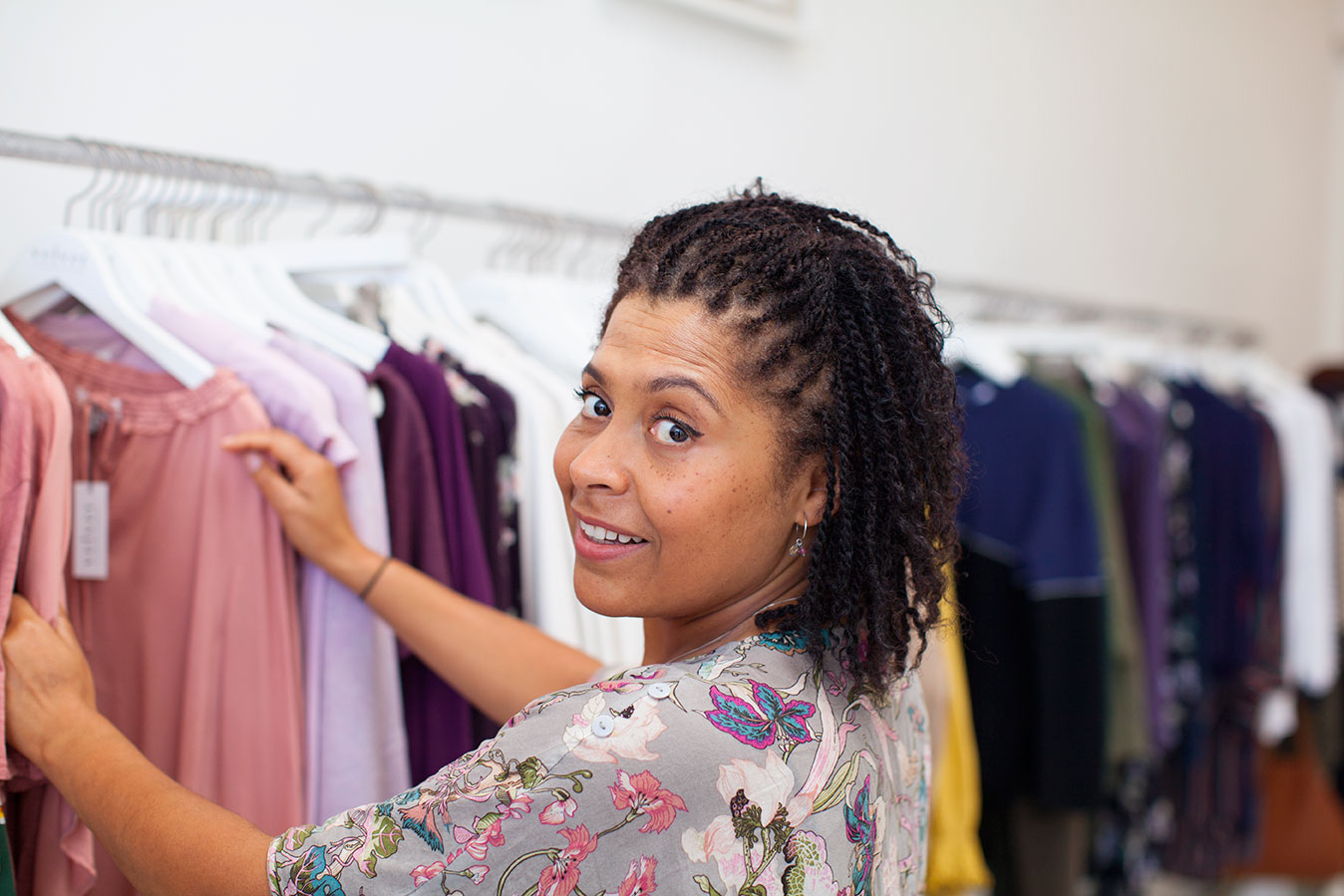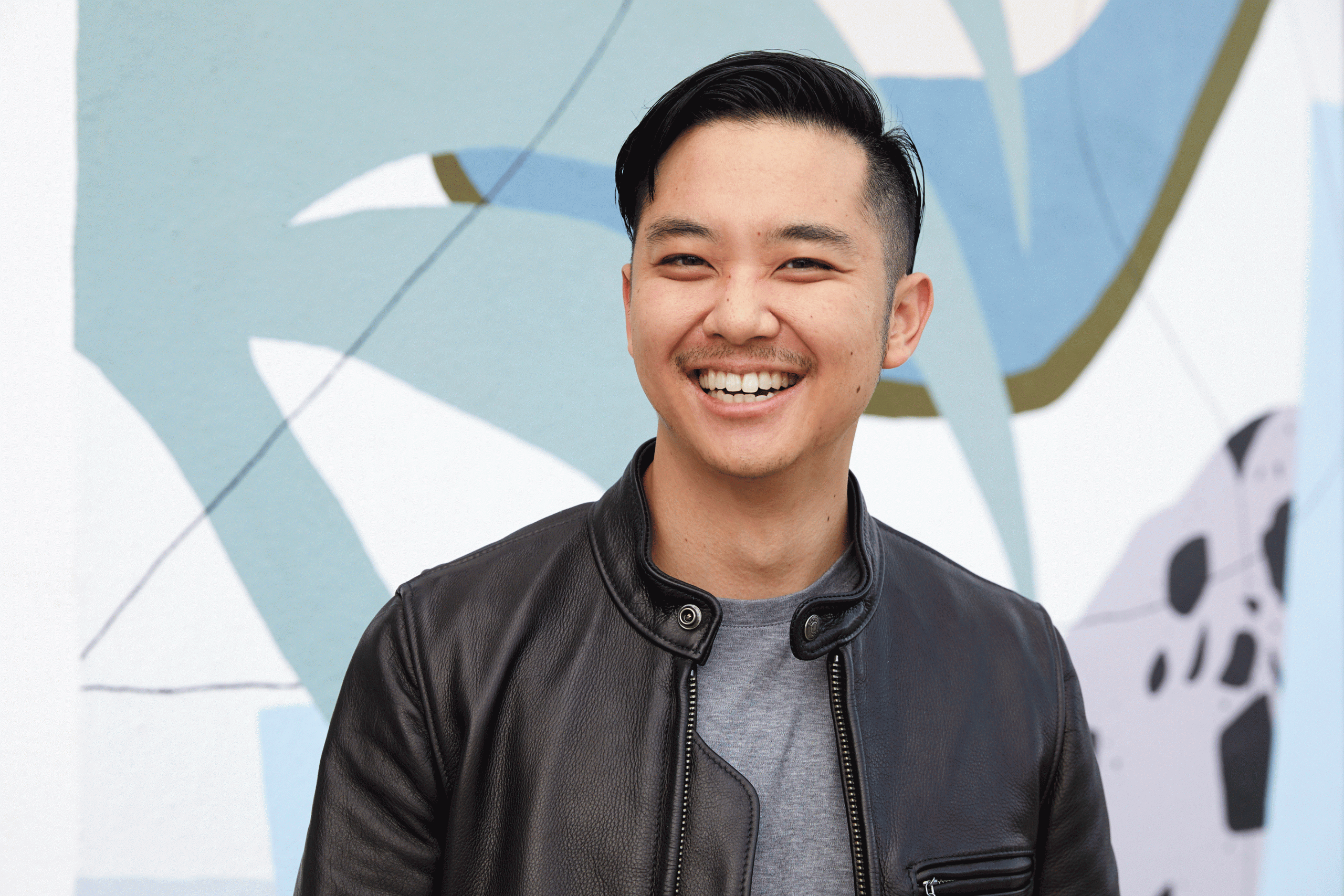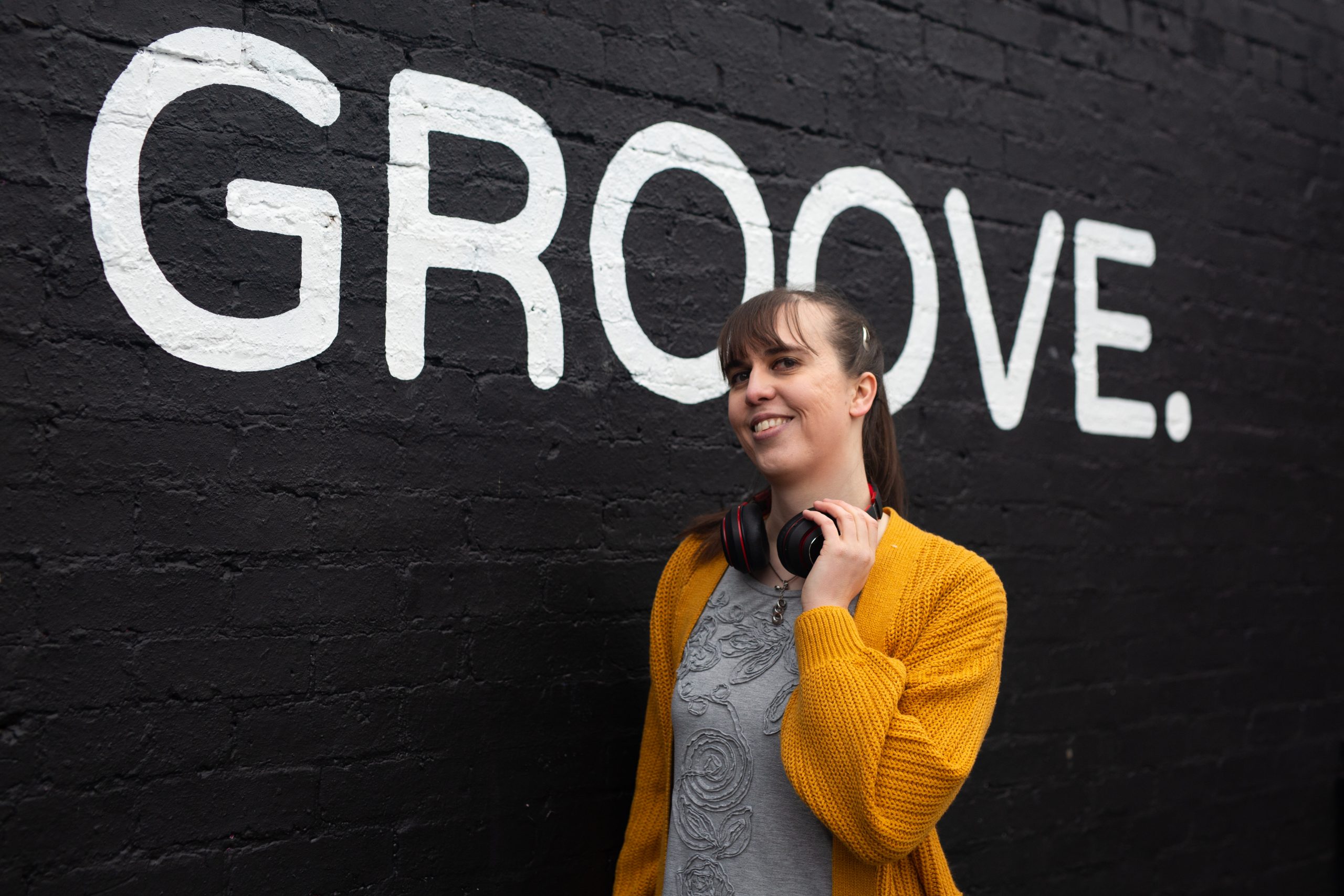Black Lives Matter
Black Lives Matter
I felt compelled to write this article as the black founder of Hey Saturday. No, it’s not a bullshit corporate statement on the Black Lives Matter movement, but rather a personal response to this pivotal moment in history.
I have not long come back from a socially distant, peaceful demonstration for George Floyd and the wider Black Lives Matter movement outside the US Embassy in London. It’s the first time I’ve felt positive and purposeful in quite a few weeks.
The reason I’ve been struggling so much is something I haven’t been able to articulate as well as my matchmaking colleague and sister, Jasmine Diaz, did recently on her Facebook page.
“There is something about being black that when you see another black person, really anywhere in the world, that we feel connected to them; their pain, their struggle, and their success.
It’s like seeing a long-lost cousin.
So when violence happens like what was done to George Floyd, Ahmaud Arbery, Breonna Taylor, Trayvon Martin, and so many others, it’s like a family member has been taken away from us.
The tears that flow from seeing their *potential* snuffed away is such a strong emotional feeling. It’s unspeakable. And when you keep seeing brother after brother, sister after sister, being killed for nothing… The psychological damage from watching that… It’s more than most can bear”.
Thank you, Jasmine, you’ve just summed up exactly what I’ve been feeling.
And to be honest, I don’t just feel that pain, when I see black people dying on the streets. It’s there every time I read about #Karens on Twitter calling the police on black people for simply existing near them (birding in Central Park, sitting on a park bench, waiting for a friend in Starbucks, heading into their own building, swimming in a public pool etc etc). It’s there every time I go into a space that feels like a white only space eg. visiting a nice restaurant or hotel, watching films or TV shows, attending board meetings, gigs, seminars etc etc. and I notice that white people are still the norm, black representation the exception.
We are living in a ghettoised world. If you don’t see it, it’s either because you’re choosing not to see it or you’ve just been conditioned not to think about it or see it. Wherever I go, one of the first things I do is check the space to see how many black people are there too. You can ask my boyfriend, I do it every time without fail. He now does it too. I’m pretty sure all black people do this – it’s a habit. Sometimes we may do it idly, just out of mild curiosity. Other times we do it to figure out how accepted we are going to be. And yet other times, we do it to figure out how ‘safe’ we are going to be. I imagine white people rarely think this way. It’s second nature to me.
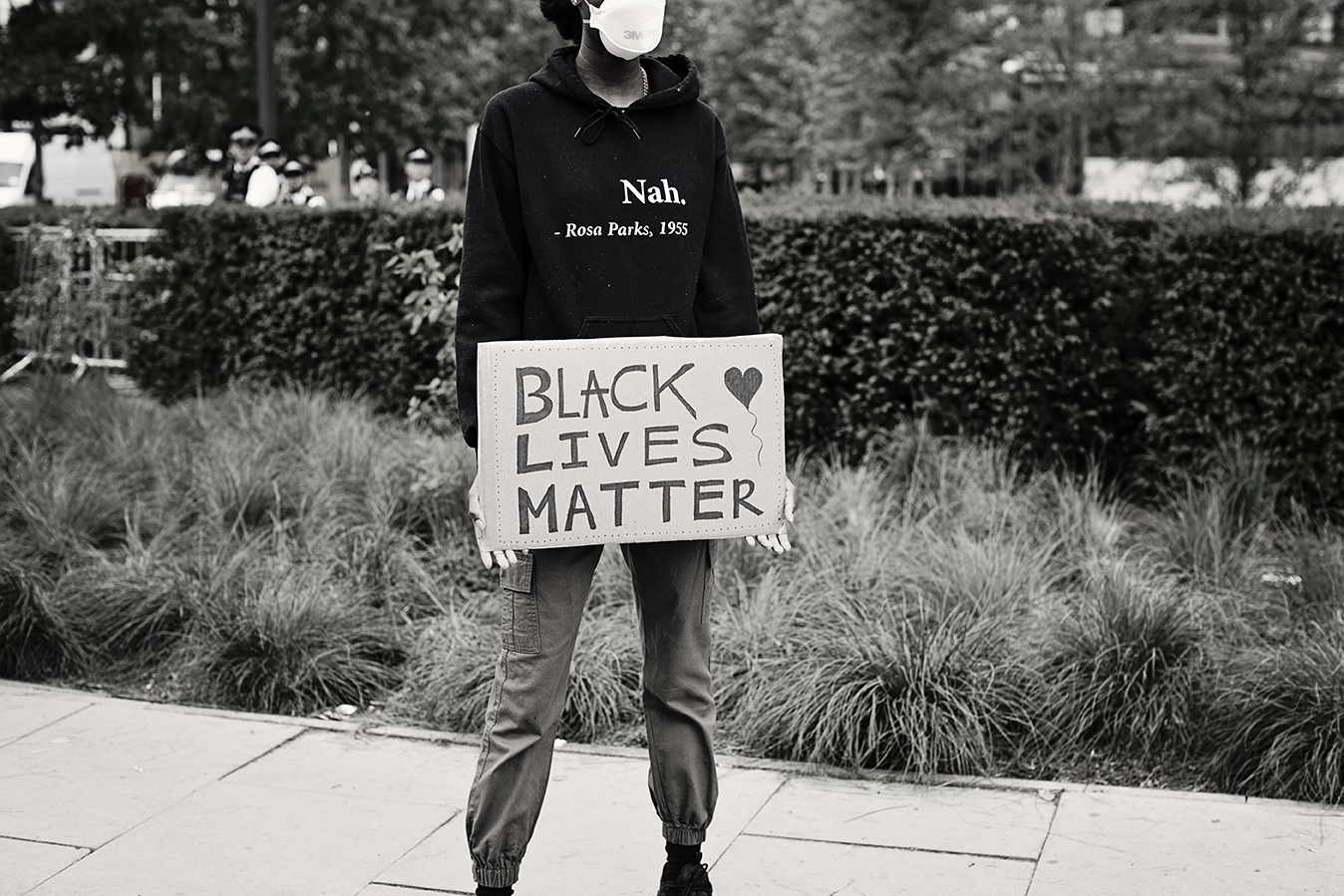
White dominated board rooms, white dominated hotels and posh restaurants, museums, mainly white universities and private schools. It’s our normal. When you do find black people in these ‘white spaces’, more often than not they’re working – as cleaners, bar staff, waiting staff etc. The disparity in our situations is caused by the interconnecting systems under which we live. Systems designed to keep black people down and lift up non-Black people. They start more or less from birth and carry right though to death. The education system, the health system, the policing system, the penal system, politics, the world of work. Black people have been thinking about these things for a long time now. And without white allies, it’s very difficult to address these disparities and bring about change. We, on our own, don’t seem to have the power to enact any long-term systemic change without white allies helping us. The system makes sure of that.
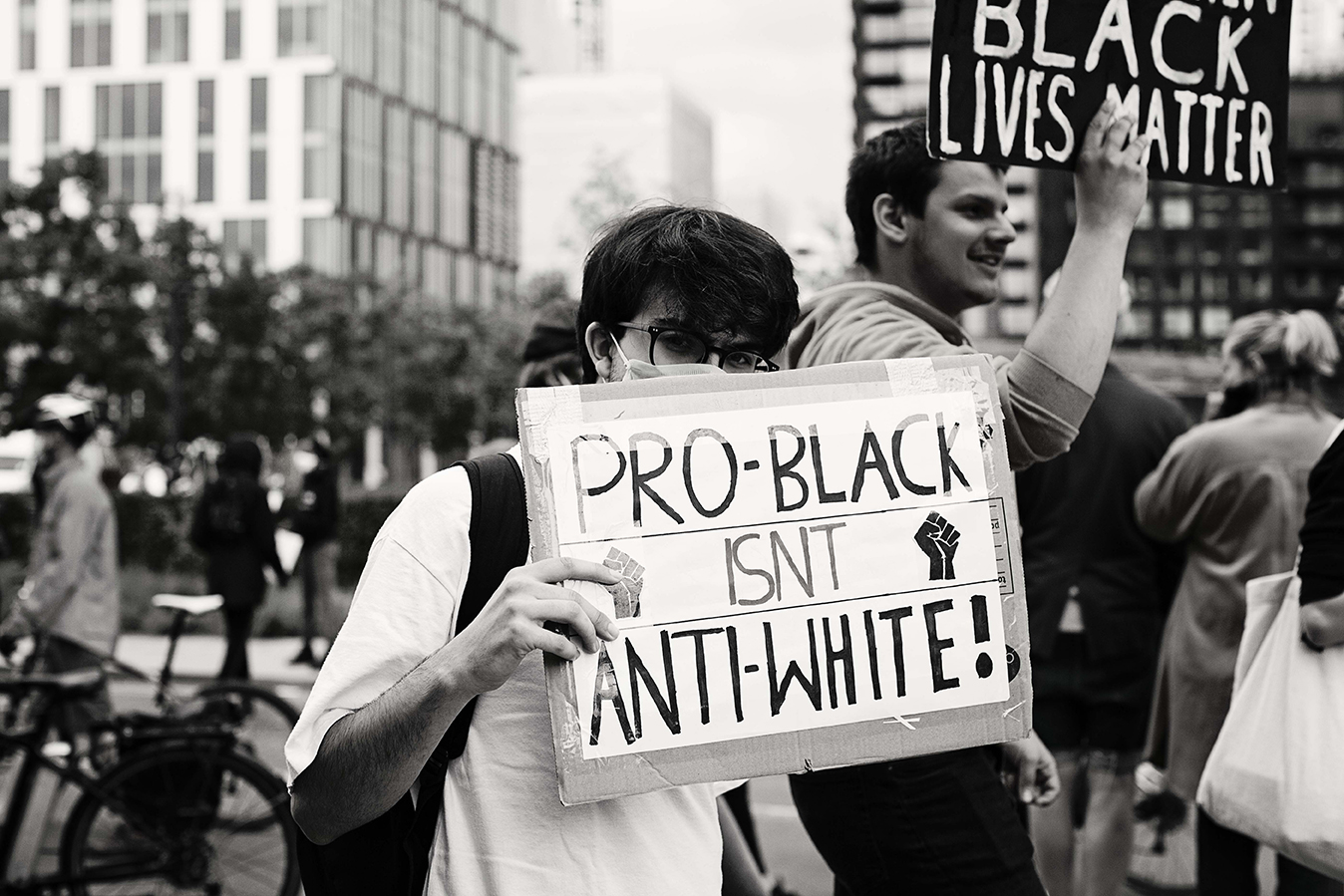
I am in therapy and this is something I explore every week, trying to figure out what it is I’m seeing, why I feel bad about what I’m seeing. How my past has impacted my present. How I can move on.
This last week has been particularly traumatic and I don’t use that word lightly. Make no mistake, black people are traumatised right now. Watching George Floyd get murdered on screen by a police officer flanked by other police officers – people who are paid to protect and serve the public – is traumatising. I am hurting and tired and traumatised. And I’m not alone. Every other black person feels it. I know they do. I see it on their faces, I hear it in their words and I can see it in their actions.
We’ve seen too many of these deaths on our screens. We’re forced into a situation where we have to record and release film footage of our people being murdered because it’s the only way to show the world (who keep turning a blind eye) the reality of what is going on. But while we’re trying to save ourselves, we’re also traumatising ourselves. Watching our people die. Slowly. Almost 9 minutes and no one steps in to help.
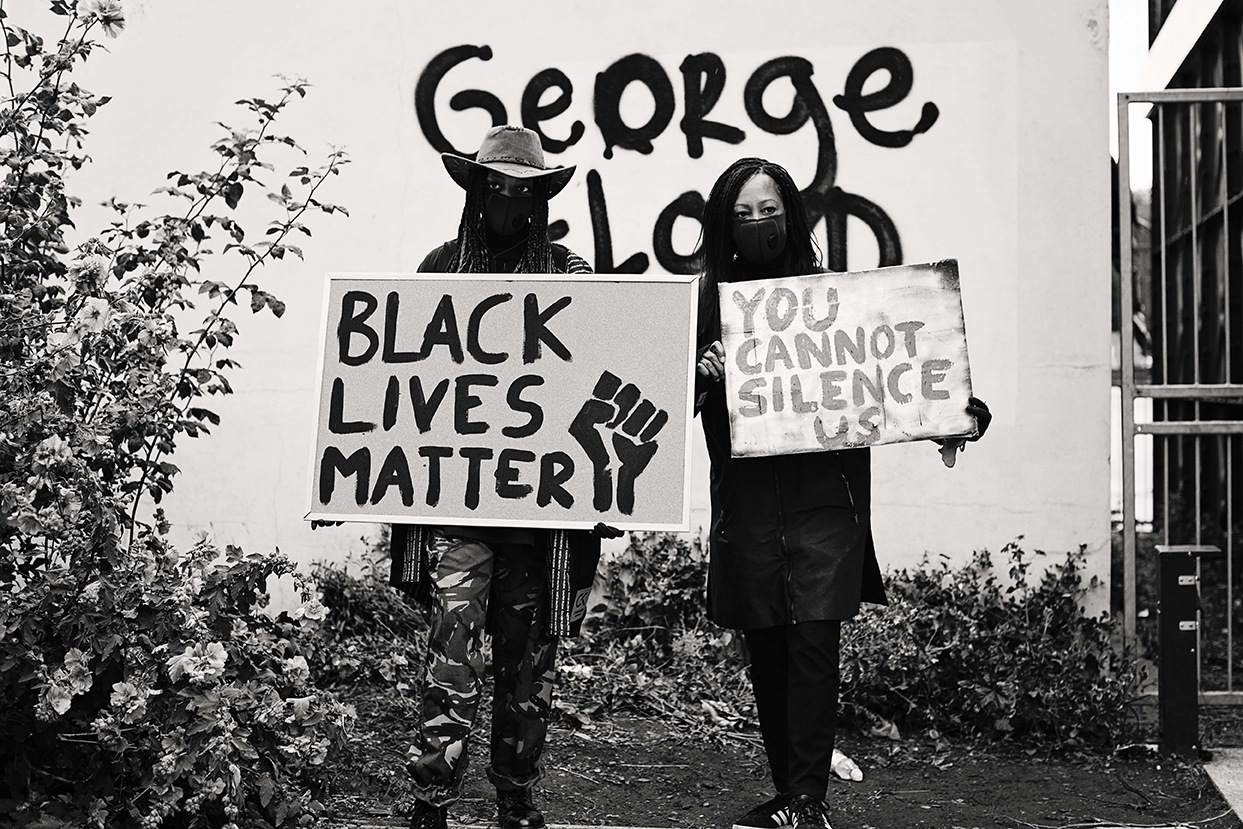
There are many reasons why I started Hey Saturday. But what drove me to start a business on my own was the desire for freedom to be myself, a desire to stop having to fit into spaces where I didn’t feel comfortable or had to repeatedly prove that I deserved to be there. That is tiring and gives your self-esteem a real bashing.
I’m of white British and Jamaican heritage and was born right at the tail end of the 60s. I spent much of my early years in the home counties during the 70s and 80s until I went to Manchester University at end of the 80s (great for music, not so much for black people). I’m now almost three years into my therapy. Much of what we focus on is the unpacking, unlearning and undoing of years of self-loathing, shame and self-doubt, a result of being brought up brown in a society that favours white skin at every level and doesn’t value black or brown lives.
Once we enter the education system, we all become racist. I’m including myself in this. I’m not anti-racist just because I was born brown or have a black dad. I have to consciously work at it too. I occasionally catch myself, even now, having thoughts that I recognise as coming from being fed a life-time of anti-black propaganda. I was brought up under the same discriminatory system as you. I’ve had the same education as you. I’ve read the same newspapers, watched the same news channels. We’ve all been brought up under a system which favours white people. It starts as soon as we enter the school system, if not earlier, and continues throughout every stage of our life. But because I’m brown and because I’ve invested in therapy, I’ve had a head start at questioning my thoughts, challenging my beliefs and learning new ways of being.
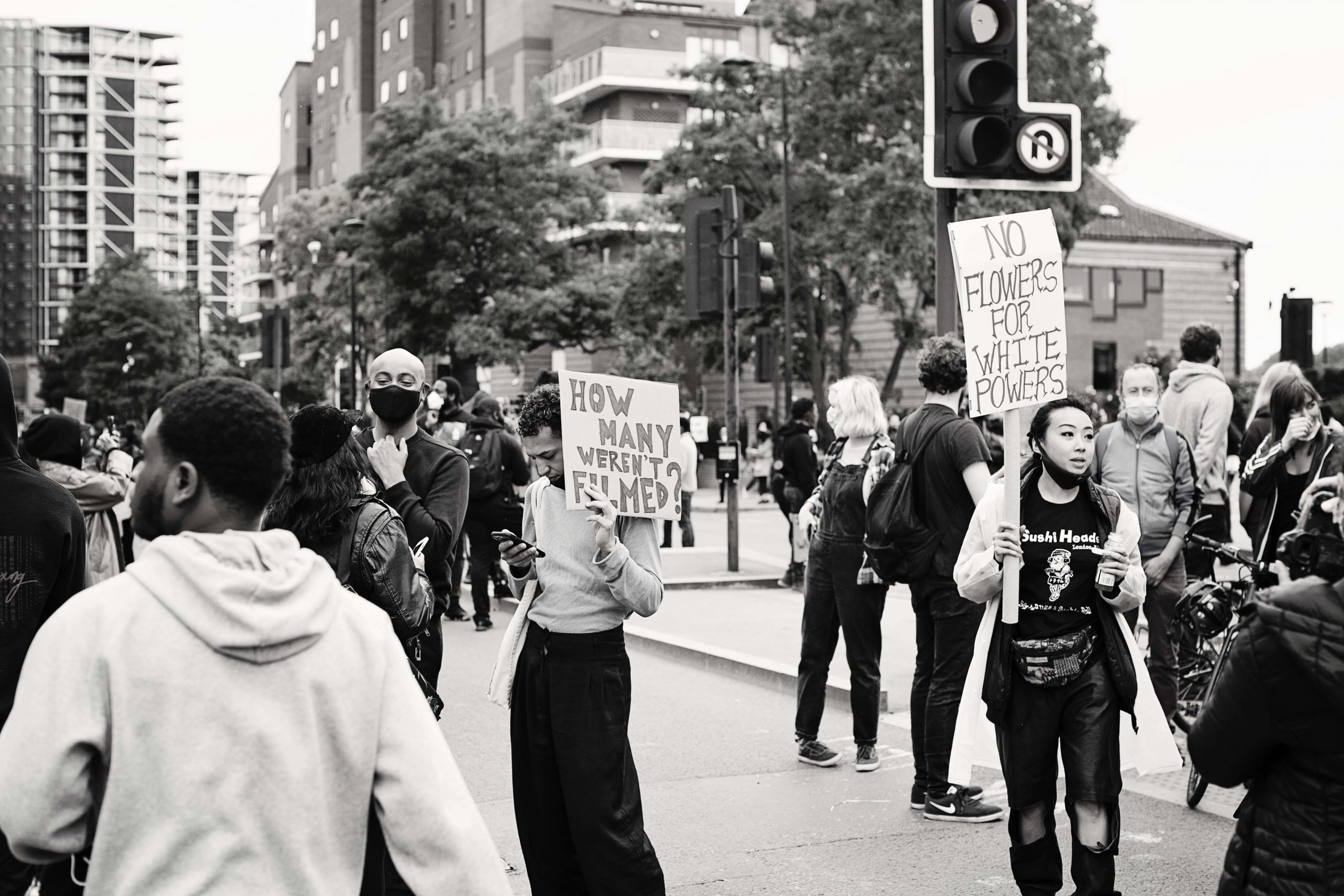
Not only does it favour white people, our system tells us white people are good (look at what the white man has invented, created, won over the years), brown people are OK. Black people, however, are inherently not OK. It starts in the education system and is perpetuated by the media. Black people aren’t as smart as us. They are lazy. They tend to be criminals. They live in the poor neighbourhoods. They don’t get the good jobs therefore they tend to be poorer than us. While we’re being told that, our white-favouring systems ensure that this is exactly how it plays out for black people. And that is racism in action. Racism comes from living under a system of white supremacy. So while we may not be actively taking a racist stance, we are living under a racist system so we are benefitting immensely from it (or being held back by it, depending on our skin tone).
So, what I’m saying is, even though you may think you’re not racist, you actually are if you continue to deny that you benefit from a system that favours you or you just choose to ignore it. Being pleasant to the black people you meet and having black friends and/or relatives doesn’t give you automatic immunity to racism. This may be why black people roll their eyes when you use the excuse of having black friends as an example to demonstrate you’re not racist.
In fact, if you have black friends and/or family members, it’s even more critical you figure this shit out. If you don’t recognise and acknowledge the existing system of white supremacy that we live under, your behaviour and words will probably be (unintentionally) damaging to them. They may not say anything to you about it – we’re taught to keep our own anger under wraps more often than not, for many reasons but particularly because of the fear of being labelled ‘angry black woman’ or ‘scary black man’. And some people have buried their pain so deep, they don’t know it’s there. But trust me, if you don’t stop and consider what you’re saying, you may well be triggering us.
For example, if you insist that racism is getting better or that we live in a post-racial society, you’re triggering them. If you moan that your white friend didn’t get that job because the BBC was using affirmative action and only hiring black or brown people for that role – this will ignite an inner rage in black people (hello, we’ve been living with this kind of discrimination for years – God forbid, companies should try and rectify this every now and again). Or if you casually reach out to touch your colleague’s afro hair or fist bump another colleague after the board meeting. When you talk about how ‘good/cool/safe’ Brixton is these days as opposed to in the 90s (when I lived there), what we hear is ‘it’s OK now as there are lots of white people moving in’. When you say you wouldn’t date someone black and insist it’s just down to preference, yup, that’s also racism because of your conditioning. These are all examples of what we call micro-aggressions and they have the potential to be triggering. Black people will often be navigating numerous micro-aggressions daily, all while trying to manage their job, family life etc. It’s stressful.
Maybe you’re one of those people who love to talk about the ‘PC police’ or the importance of freedom of speech, when you hear black people pushing back on racist talk. Really not helpful. Often triggering. And if you’re thinking, well that all sounds like a big fuss about nothing, imagine experiencing this all the time from all angles. They’re all basically small (or sometimes not so small) ways for people to say you’re other, you’re less, you’re worth less.
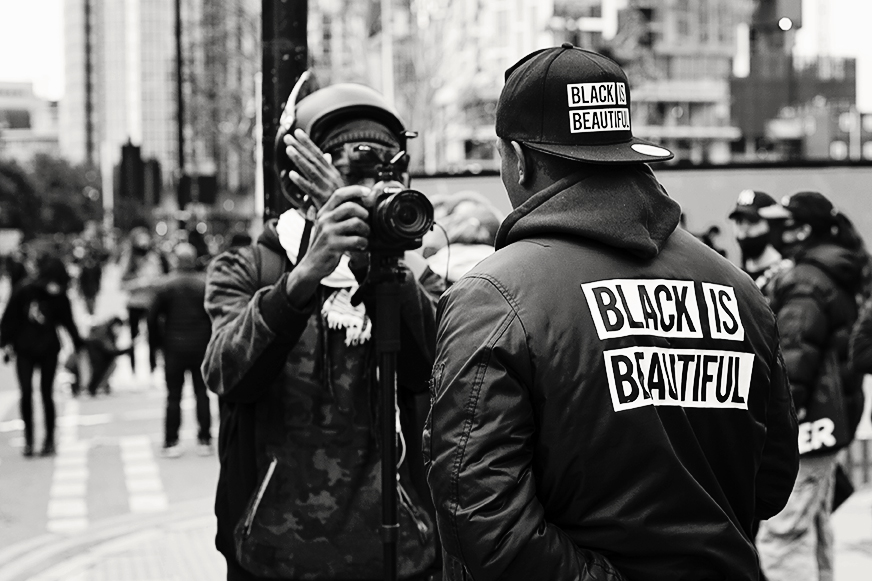
But we are where we are. We need to use this historical moment to move this critical human rights movement forward. Much further forward. For white people, knowing your success, your wealth, your health even, comes at the expense of black people, well that can’t feel good.
What can we do next? How can we move forwards? I don’t have the answers. I’ve been thinking about this stuff for years and it’s exhausting, trying to figure out a way forwards. We need white allies. I know that.
Waiting for the racist systems to be dismantled is going to take a long-ass time. So in the meantime, one way we can help is to support and empower black people to become financially independent from white people.
The black community has a collective spending power of £300 billion (according to the Black Pound Report). Now imagine, being able to invest a lot of that back into our own community, that would be a brilliant start.
Giles and I are pooling our knowledge of setting up and running Hey Saturday and looking at how we can share our learning in a meaningful, lasting way with young black people to help them become more entrepreneurial. If you know any charities or social enterprises that might benefit, please let us know.
Once the protests are over, we need to come together to rebuild a future based on equality of opportunities for all. I don’t have the answers, I’m learning right along with you.
Updated: Hey Saturday has signed the Anti-Racist Small Business Pledge. Read about our commitment here. If you run a small business, I urge you to do the same.
Some ways you could get involved in creating change include:
– signing petitions
– donating to organisations recommended by Black Lives Matter
– buying from and raising awareness of black-owned businesses
– reading books on race, learning about how racism came about and the systems employed to keep it in check globally
– following and supporting black platforms like gal-dem, Black Girl Fest, Check Your Privilege, Black Exchange, Blavity
– extending your empathy and validating the feelings of black and brown people
– confronting your own biases
– broadening your friendship circle with people from other races and be willing to open up, have conversations and listen, that way if you do say something that inadvertently triggers them, they’ll be able to tell you why
– having conversations at work about any lack of representation you may notice and how your company might address it
– standing up against injustice, discrimination and inaction
– keep reading
But for even better advice, Jeffrey Boakye, author of Black Listed, has pulled together a list of next steps, see below. And thank you for taking the time to read my rant. It means a lot, especially if you reached this far. I feel a lot better for getting that out.
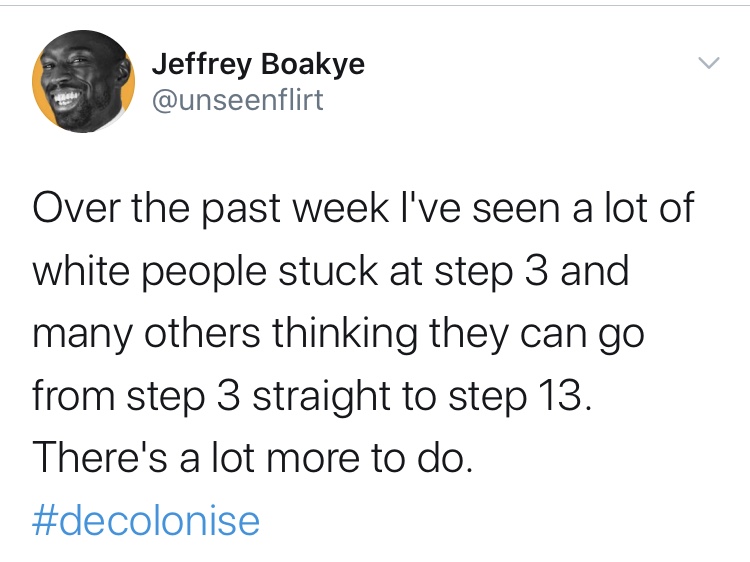
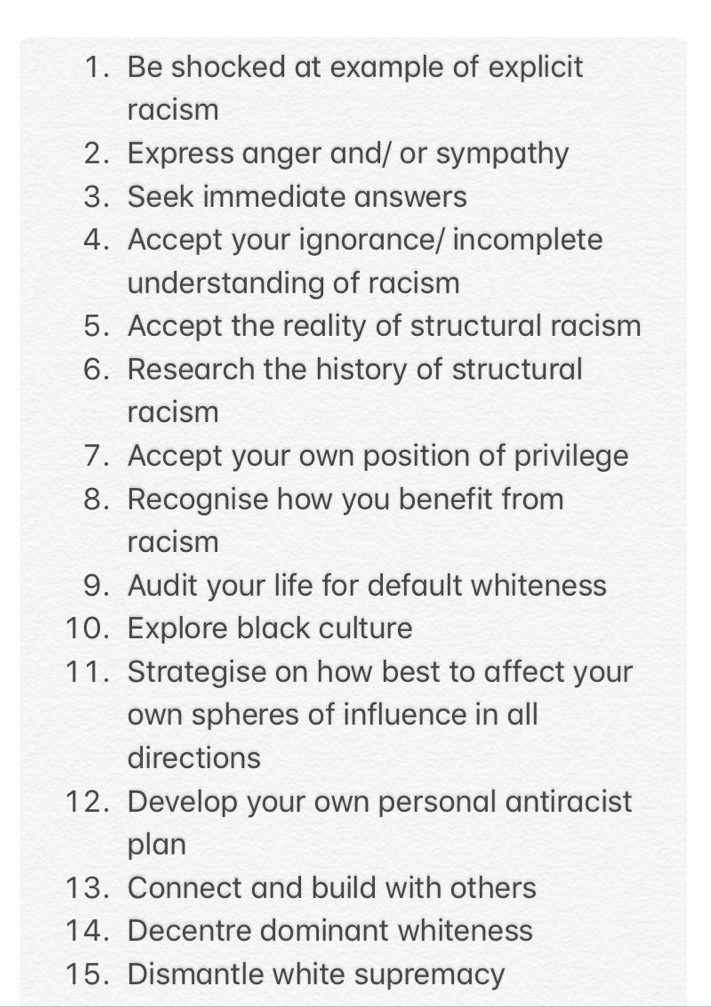
Words and photos by Saskia.




